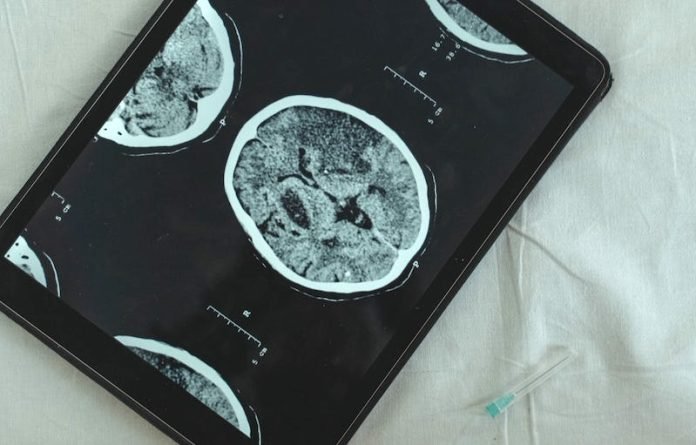
In a study from Massachusetts General Hospital, scientists recently developed an accurate method for detection that relies on routinely collected clinical brain images.
The advance could lead to more accurate diagnoses.
In the study, researchers used deep learning—a type of machine learning and artificial intelligence that uses large amounts of data and complex algorithms to train models.
They developed a model for Alzheimer’s disease detection based on data from brain magnetic resonance images (MRIs) collected from patients with and without Alzheimer’s disease who were seen at MGH before 2019.
Then they tested the model across five datasets to see if it could accurately detect Alzheimer’s disease based on real-world clinical data, regardless of hospital and time.
Overall, the research used 11,103 images from 2,348 patients at risk for Alzheimer’s disease and 26,892 images from 8,456 patients without Alzheimer’s disease.
Across all five datasets, the model detected Alzheimer’s disease risk with 90.2% accuracy.
Among the main innovations of the work was its ability to detect Alzheimer’s disease regardless of other variables, such as age.
The team notes that another common challenge in disease detection, especially in real-world settings, is dealing with data that are very different from the training set.
For instance, a deep learning model trained on MRIs from a scanner manufactured by General Electric may fail to recognize MRIs collected on a scanner manufactured by Siemens.
The model used an uncertainty metric to determine whether patient data were too different from what it had been trained on for it to be able to make a successful prediction.
The team says while a large number of deep learning studies for Alzheimer’s detection from brain MRIs have been conducted, this study made substantial steps towards actually performing this in real-world clinical settings as opposed to perfect laboratory settings.
If you care about Alzheimer’s, please read studies about personality traits linked to lower risk of Alzheimer’s disease, and nose picking could increase risk for Alzheimer’s and dementia.
For more information about brain health, please see recent studies about antioxidants that could help reduce dementia risk, and decreased proteins, not amyloid plaques, are linked to Alzheimer’s disease.
The study was conducted by Matthew Leming et al and published in PLOS ONE.
Copyright © 2023 Knowridge Science Report. All rights reserved.



